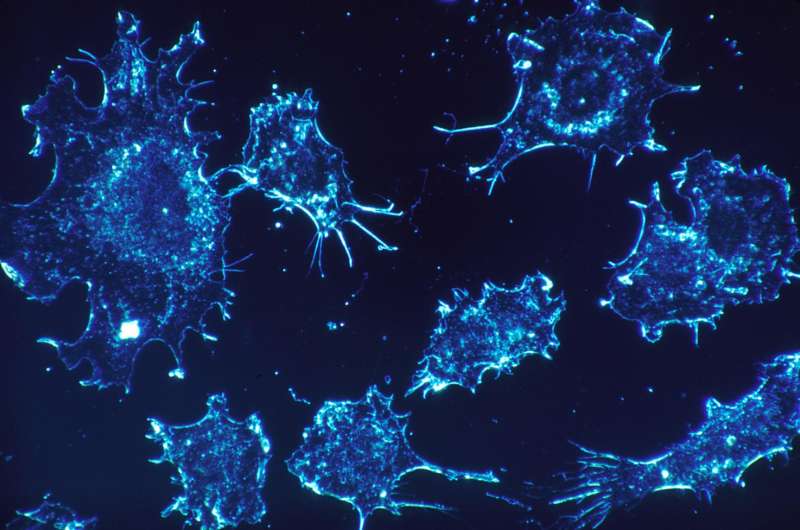Study compares cancer drug cost, benefit

Queen's University researcher Christopher Booth reveals the price of new cancer therapies is not associated with treatment effectiveness.
A new study from Queen's University professor Christopher Booth has revealed the pricing of cancer drugs appears to have no relationship to their effectiveness.
Through the review it was revealed that the most expensive drugs were not the most beneficial.
"Most members of the public (and many patients) may not understand that when they read about a new 'breakthrough cancer therapy' in the media it usually does not cure cancer but extends survival by a few weeks or perhaps a few months," says Dr. Booth (Oncology). "Given that these drugs are very expensive and have important side effects, these small improvements may not lead to real improvements in the overall health and well-being of our patients or society as a whole."
Using frameworks developed by the American Society of Clinical Oncology (ASCO) and the European Society of Medical Oncology (ESMO), Dr. Booth and his team studied all randomized controlled trials of new cancer drugs in non-small cell lung cancer, breast cancer, colorectal cancer and pancreatic cancer over a four-year period.
The study found that there was no relationship between the price of a cancer drug and the extent to which it improves patient survival and quality of life. The authors concluded that to deliver optimal cancer care in a sustainable health system will require oncologists and policy makers to reconcile the disconnect between drug cost and clinical benefit.
"Our data does not suggest the use of these agents is inappropriate. These treatments have been established based on well-conducted clinical trials," explains Dr. Booth. "Our concern is that the very small magnitude of benefit associated with many new treatments may not be fully appreciated by the public and by some patients."
Dr. Booth advocates moving towards a value-based system where treatments and interventions that have a greater benefit for patients and society receive more resources than treatments that offer little benefit. He says one model that is being considered is value-based pricing where cancer drugs that offer the largest treatment benefit are sold at a higher price than drugs with negligible benefit.
"In our current system the price of a new cancer drug has no relationship to its benefit but is largely driven by the maximum price the market will bear," says Dr. Booth. "A value-based pricing system would encourage companies and researchers to focus on developing more effective medicines by offering greater financial returns for those therapies with substantial benefit and smaller financial returns for treatments with negligible benefits. If you think about it, this relationship between quality and cost is what drives most economic transactions and it has always seemed strange to me that it does not apply to new cancer medicines.
The study was published in The Lancet Oncology.
More information: Joseph C Del Paggio et al. Delivery of meaningful cancer care: a retrospective cohort study assessing cost and benefit with the ASCO and ESMO frameworks, The Lancet Oncology (2017). DOI: 10.1016/S1470-2045(17)30415-1














